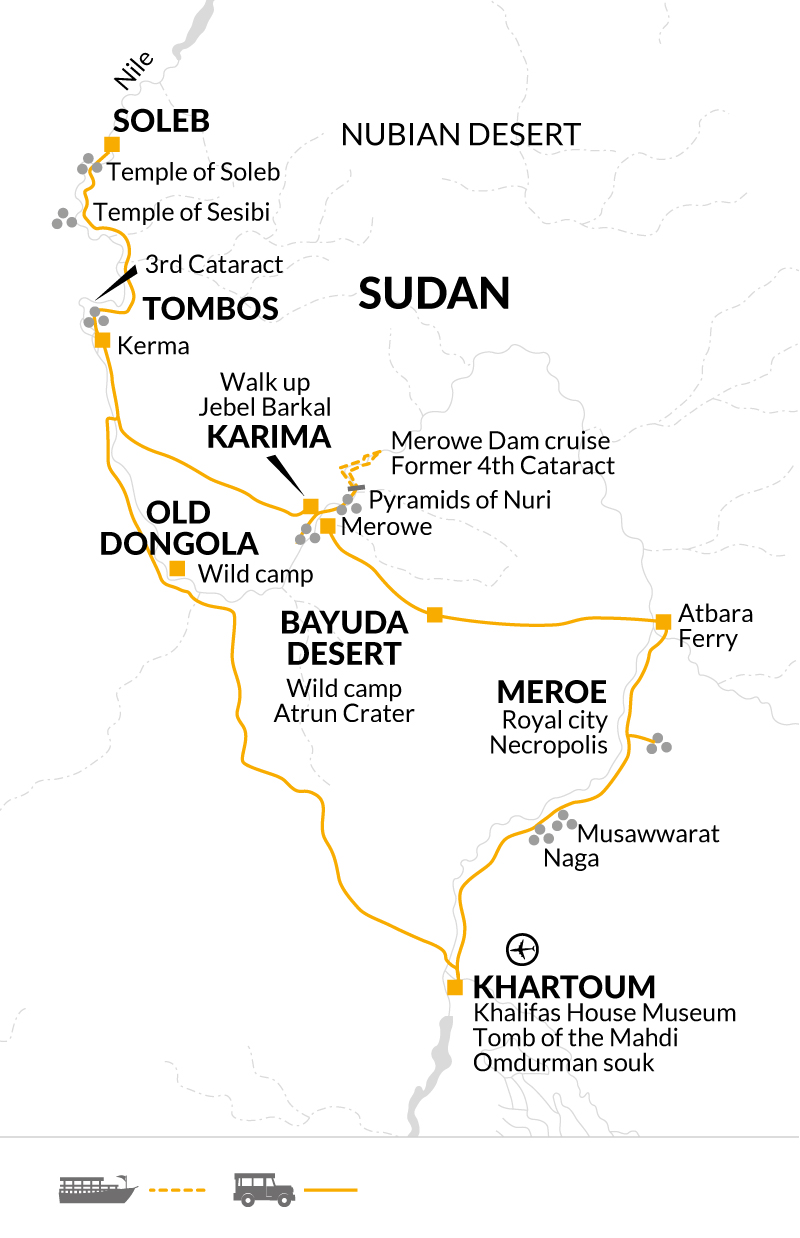Sudan: Highlights of Ancient Nubia
Sudan: Highlights of Ancient Nubia
Sudan: Highlights of Ancient Nubia
12 Days Starting and ending in Khartoum
Visiting: Khartoum, Old Dongola, Tombos, Soleb, Karima, Bayada, Meroë
Tour operator:
Tour code:
BSU
Guide Type:
Fully Guided
Group size:
4 - 16
Age range:
16-
Special diets catered:
Vegans, Vegetarians
Tour operated in:
EnglishTrip Styles:
Interests:
Activities:
Tour Overview
Travel through the scenic Nile Valley and into the desert on this trip to discover Sudan, home to some of the friendliest people on the planet. Explore well-preserved sandstone temples, pharaonic and the pyramids of the Royal Necropolis of Meroe.
Temples & Pyramids - Discover the ancient architecture of northern Sudan, home to more pyramids than Egypt
Nubian hospitality - Enjoy a traditional welcome as guests in the village of Soleb
Desert landscapes - Camp under a starlit sky and follow in the footsteps of the nomadic Bishari tribe
Highlights
Itinerary
Day 1: Join Trip In Khartoum
Location: Khartoum
Accommodation: Hotel
Arrive in Khartoum, Sudan's vibrant capital city which comprises of both a permanent and nomadic population. Khartoum is located at Al-Mogran, the confluence of the White and Blue Nile where these two rivers meet and feed into one channel; the iconic Nile.
For those arriving on time our Leader plans to meet you in the hotel reception at 6pm for the welcome meeting and for those that wish, there is the chance to go out for dinner. There are no other activities planned today, so you are free to arrive in Khartoum at any time. If you would like to receive a complimentary airport transfer today, you'll need to arrive into Khartoum International Airport (KRT), which is around 30 minutes from the airport depending on traffic. Should you miss the welcome meeting, your Leader will inform you of any essential information the following day.
If your flight arrives earlier in the day, perhaps you might choose to get straight into the Sudanese spirit by taking a tuk-tuk ride to one of the many simple tea-stands. Try the sweet mint tea and take in the daily goings-on of Khartoum alongside the many people who call this city home
Day 2: Full Day City Tour Including The Souk In Omdurman; Late Afternoon Attend A Nuba Wrestling Match
Location: Khartoum
Accommodation: Hotel
Many flights arrive into Khartoum in the early hours of the morning. For those arriving on one of these flights that will be time to freshen up and a short sleep before we begin our exploration of the city.
This morning we begin at one of the most iconic spots in the city - Al-Morgan, the confluence of the White and Blue Nile where the importance of the river and the tales of exploration that surround it give this plot of understated farmland a real feeling of history and adventure. It's then a short journey to the tomb and small museum of the Mahdi, Mohammed Ahmed, the Islamic leader of the Sudan who fought in 1885 against General Gordon and English colonisation. There are some wonderful artefacts in the museum. After lunch, where we get our first taste of Sudanese food in a local restaurant that overlooks the Nile, we make the short drive to Omdurman. Former capital city of Sudan, Omdurman is famed for its huge colourful souk. We end today in the Archaeological Museum, with its reconstructed temples, before returning to our hotel on the banks of the Nile. We stay in the Hotel Grand Holiday Villas, a comfortable colonial era hotel.
Later this afternoon there is the opportunity (fixture permitting) to make a short drive to the outskirts of Khartoum and attend a Nuba wrestling match. Held in a small stadium, this traditional sport is passionately followed by local fans, as a number of teams take part during each event. There is an element of ceremony and showmanship as wrestlers select opponents before bouts begin.
Day 3: Visit Of Coptic Christian Temples At Old Dongola
Location: Old Dongola
Accommodation: Camping
After breakfast we prepare to leave Khartoum, meeting the local crew of drivers and a chef who load up our 4WD vehicles. For the remainder of the trip we typically travel in comfortable Toyota Landcruisers with a maximum of 5 people, including the driver per vehicle. 4WDs are the best way to travel through the country, as many of our journeys combine tar and off-road driving. Departing Khartoum we leave behind a city that is free from the international stores and restaurants found in so many destinations around the world. Whilst this has been undoubtedly influenced by UN sanctions it does feel a visit to Khartoum is like stepping back in time. For the vast majority of today the drive is along good quality tarred roads. Once out of the city traffic is light, and it doesn't take long to get our first glimpse of the Nubian Desert. Initially the road takes us through flat desert scrub. Along the way we pass a number of commercial date plantations and small settlements. We will stop for a chai at one of the small cafes that appear intermittently along the road. These serve as a refreshment stop for the buses and trucks which are heading to and from the capital, and serve simple food and drinks. Lunch will be taken in one of these cafes and is prepared by our own chef who travels with us. Typically lunch will consist of a combination of salad, rice, stews, meat or fish complemented perhaps with foul (a local bean dish) and fresh bread from the local restaurant along with fruit for desert. We continue our journey crossing the Nile then going off road past the occasional large crescent dune before reaching the ruins of ancient Old Dongola. From the 7th to 14th centuries Old Dongola was the ancient capital of the Makuria Christian capital. Whilst little remains of the former glory, the site is dominated by the Throne Hall, which was eventually converted to a mosque and pillars from a 7th century church. Located near the Nile the site is still used as a burial spot today; there are a number of large conical brick tombs which stand alongside more simple graves in this tranquil desert setting. After visiting the site we travel for the first time through small Nubian villages before heading into the desert and look for a campsite amongst the dunes.
We camp in 2 man dome tents, which the crew will help assemble, although you may wish just to lay under the stars. Soft mattresses are provided, although you should bring a sleeping bag (unless you have hired one in advance) and a pillow. Our cook will prepare a meal under the desert skies; it truly is a wonderful experience. Food is served at a table; chairs are carried to make the camping experience as comfortable as possible. A typical dinner would be soup, a meat or chicken dish, served with chips, salads or vegetable and fruit.
Day 4: Temple Of Soleb And Overnight Stay In Nubian House
Location: Old Dongola
Accommodation: Village House
We awake around sunrise, and can really appreciate the beauty of the desert landscape. After a hearty breakfast of crepes or omelette, cake and fruit we pack up camp and continue our exploration of this fabulous region. Heading back towards the Nile we once again drive through small villages and will stop off at one of the Nubian houses. Our groups visit a house owned by a retired teacher, Hossan and his wife, Zakaia. Here we will be served Nubian coffee and meet family members offering an insight into life in rural Sudan.
Later on today we drive across the Dongola bridge and drive north on the tar road to reach Soleb. Located on the edge of what is a sleepy village at the Temple of Soleb we spend time at what is considered to be one of, if not the most beautiful Egyptian temple in Sudan. Standing as a testimony of the New Kingdom in Nubia, its many walls are rich in hieroglyphic inscriptions and bas-relief figures. Our base for this evening is only a short walk from the temple as we stay in a traditional house on the edge of the village. Here the population speaks a different language from the Arabs and the Islamic religion is not as 'strict' as in other regions of northern Sudan. The women don't cover their faces and readily speak to foreigners. Until recently many of the houses were painted and decorated with intricate patterns and flowers and although patterns are still painted within the houses, they are now less prevalent on the outside. Enthusiastic hospitality abounds - the local Nubian people will often invite visitors into their homes to share a meal or a cup of spiced tea. We stay in a large Nubian house where one of the buildings has been set up for travellers. The house consists of a number of large rooms which are very simply furnished. Each room contains from one to six beds. Often we use rooms on a twin-share basis, depending upon group size and whether others are using the rest house. For those who prefer sleeping under the stars you are welcome to put your tent up in the courtyard. There is a toilet block with four clean squat toilets and a shower block with two bucket showers. The water is refreshingly cool! There is generator electricity so camera batteries can be charged. Dinner is prepared by our own cook tonight.
Day 5: Visit The Temple Of Sesibi, Experience Sudanese Hospitality
Location: Tombos
Accommodation: Camping
Those up early can wander back to the Temple of Soleb for photos in the early morning light, before we begin our journey south. Our first stop is a brief one at the remains of the Temple of Sesibi. Linked to Egypt historically, this part of Sudan seems very similar yet paradoxically is very different to southern Egypt. One of the noticeable differences is the density of people is a lot less in Sudan. Many of the villages that we drive through seem quiet, or even abandoned a reflection of the recently migration of families to Khartoum to look for work. We make our first crossing of the Nile by local ferry / pontoon. Although bridges are now being built, primarily with Chinese investments, these ferries remain important in keeping Sudan connected. Once across the Nile we continue on an asphalt road for a short distance. At one point the road cuts through the path of the old railway line constructed by General Kitchener. Now all that remains is an embankment that drifts away in the horizon, but is a poignant reminder of the turbulent history of Sudan. Eventually, heading off road again, we reach the granite boulders of the Third Cataract which used to be the third huge obstacle that the ancients Egyptians had to face when trying to sail on the Nile River. In Sebu, right on the river bank of the Nile it is possible to visit one of the richest sites of rock engraving in Sudan with hundreds of images carved from prehistoric to Egyptian times. Not far from here, among the rocks near the village of Tombos, there are the granite quarries and the remains of a huge statue of the King Taharqa, simply left there in the desert 3000 years ago. We spend this evening in Tombos, in a Nubian house. There are a number of rooms within the house, which usually have two beds. Once again, they are very simply furnished. There are a couple of western-style toilets and cold water showers. At certain times of the year part of the house is occupied by archaeologists who are working on projects in the area who can offer further insights into the region.
Day 6: Exploring The Mud Temple Defuffas Of Kerma
Location: Soleb
Accommodation: Guesthouse
This morning we continue to move south to the ancient city of Kerma, travelling both on and then off-road. Kerma was a city that was first settled in 2400BC. A prosperous city it was at its most powerful almost 4000 years ago when Kerma's rulers took advantage of political problems in Egypt to extend their rule to Aswan. The site is currently being worked upon by a team of archaeologists, who are unearthing more and more of the city. The most prominent remaining buildings are the famous Deffufas, the mud brick temples where ceremonies were performed. There are the east and west Deffufas, both temples very different in size and repair but incredibly fascinating. The Western Deffufa is reputed to be the second largest ancient building in Africa, only behind the Cheops Pyramid in Cairo. There is also a small museum at the site which is home to the 7 statues of the Black Pharaohs. We will then drive east to cross the Nubian Desert and make our way Karima, which is by far the largest settlement since leaving Khartoum. We stay on the very edge of town in the Nubian Resthouse, a comfortable hotel which overlooks Jebel Barkal. The hotel is built in the style of a traditional rest house, around a beautiful garden. Wi-fi is intermittently available. As sun sets there's the opportunity to take a walk and to watch the sun setting over nearby pyramids.
Day 7: Petrified Forest And Sunset Trip To Jebel Barkal
Location: Tombos
Accommodation: Guesthouse
Karima lies at the foot of the Jebel Barkal. This landmark in the Nubian Desert, Jebel Barkal can be seen from many kilometres away whilst still in the open desert. At the foot of this wonderful isolated red sandstone mountain, considered holy since the ancient times, there is a large temple dedicated to the Pharaohs of the New Reign. This morning there is the option to take a walk to the summit of the mountain for sunrise. Heading up a sandy path it takes 10-15 minutes to reach the top of the hill. From the top there are fantastic views across the Nile, as well as a fantastic view of the temple below. After lunch we take a short drive to the village of El Kurru where there is the necropolis of the ancient capital, Napata. Here we visit a tomb, which was excavated in the rock under pyramids - partially collapsed - which is totally decorated with images of the Pharaoh, of the gods and multicolour hieroglyphic inscriptions. Before returning to Karima we take a short side trip through the Nubian desert and visit a petrified forest with thousands of fossilised trunks. This evening there is the opportunity to take a sunset walk to Jebel Barkal.
Day 8: Nile Cruise And Afternoon Visit Of The Pyramids Of Nuri
Location: Karima
Accommodation: Guesthouse
After breakfast, we visit the market in Karima, where we get a real insight into the everyday life of the Sudanese people. The real charm of the market, and indeed Sudan is that as it has been relatively untouched by tourism there is a real authenticity to the experience. One of the specialities of this market is dried dates which make a delicious snack for the remainder of the journey. Following on from time here we once again head through the Nubian Desert with its level evenness, its sand stretches and its soft undulation. It is an almost sterile area where no vegetation survives. Until 2008 this drive would take you to the beautiful granite rocky formations of the fourth Cataract where the Nile ran turbulently among rocks forming rapids and a beautiful wild landscape, making navigation of the river very difficult. However in April 2008 the new Dam of Merowee was completed and following flooding an artificial lake was created. We take a cruise on the Nile taking the opportunity to walk on the small islands to explore the sandy beaches along the river edges. In the afternoon we cross the Nile and spend time at the Pyramids of Nuri, located a short drive from Karima. Burial place of Taharqa, recognised as perhaps the most powerful ruler of Sudan the pyramids here are amongst the oldest in Sudan and have their very own evocative charm.
Day 9: Driving Through The Bayuda Desert, Overnight At The Atrun Crater
Location: Bayada
Accommodation: Camping
We cross the Nile again this morning and journey across the Bayuda Desert. There is a combination of driving on asphalt and desert trails. At times we travel through flat desert scenery, punctuated with the occasional truck stop. We take the opportunity to visit a nomadic family, who have now settled in a fixed camp and then continue before hitting the asphalt road for 100kms and then back on to desert trails to reconnect with the Nile. If we are lucky during one of our desert crossings we may see Hassania nomads in the desert. They still live the true nomadic lifestyle and gather at desert wells to collect water. Coming across such a group is like a surreal, yet humbling step back in time. Men, women and children work with donkeys to extract the water from the deep wells. Water is then loaded onto camels and taken to the desert camps. Our destination this evening will be the Atrun Crater. This area is used by nomads of the desert to gather salt and is rarely visited by tourists. A simple camp will be set up nearby where our camp crew will cook dinner under the stars.
Day 10: Explore The Royal Necropolis And The Royal City Of Meroe
Location: Meroë
Accommodation: Tented Camp
This morning we leave our camp and head towards the Nile, a pontoon (local ferry) is used to cross before we reach the royal city of Meroe. The excavations confirm that the town of Meroe used to cover a large area, and the royal city was located in a central position, surrounded by suburbs and a boundary wall. Most of the area where the city is located, formed by many small hills covered by red clay fragments, has still to be excavated by archaeologists, and may be out of bounds when visiting. We continue to our camp at Meroe. Accommodation is in fixed, comfortable tents. The tents are the large African safari style ones with 'proper' beds in them, along with a dressing table and chair. There is generator produced electricity, so phones and cameras can be charged. There is wi-fi in the main building, which houses a restaurant. The tents are not en-suite, although each tent has its own separate toilet and shower located in blocks which stand behind the tents.
After lunch, later in the afternoon we visit the Royal Necropolis of Meroe which is located about 3 km from the Nile on hills covered by yellow sand dunes. It is a short drive across the desert from the camp - the adventurous may wish to walk from the camp, as the pyramids are clearly visible. Alternatively it is possible to take a camel for the 2km journey. Several pyramids stand out with their sharp shapes against the clear sky. Nubian pyramids have no mortuary room inside; the real tomb is dug inside the rock below and is connected with the outside with an inclined tunnel with a small temple at its entrance. The walls are fully decorated with bas-reliefs that show the King's life and the gods. There is the option to take a camel ride between pyramids.
Day 11: Visit Temples Of Naga, Return To Khartoum And See Whirling Dervishes
Location: Khartoum
Accommodation: Hotel
This morning we pack up our vehicles for the final time and join the asphalt road to Khartoum. After about an hour we make a detour once again through the desert and head to to Musawwarat El Sufra where we'll visit the Elephant and Lion Temples. Seemingly located in the middle of nowhere, surrounded by desert there is a real sense of adventure whilst standing at these temples. We then move on to the ancient site of Naga. Here we see the temple of Apedemak (1st century AD), a beautiful sandstone building with walls engraved with the images of the Meroitic Kings and gods. Nearby is another temple, in Greek-Roman style, called 'Kiosk', and another with the remains of statues of rams which was recently discovered in the sands by a German archaeological mission. This afternoon we return to the capital, Khartoum. It is noticeable that the road, which links the capital with Port Said is much busier, the pretty desert scenery becomes flat and scrub-like and more and more built up. Upon arrival we will visit the whirling dervishes. This ceremony is a dance used by Sufi practitioners to achieve religious ecstasy. Many flights departing Khartoum do so in the early hours of tomorrow morning, so your transfer to the airport could be around midnight.
Day 12: Trip Ends In Khartoum
Location: Khartoum
The trip ends after breakfast at our hotel in Khartoum.
There are no activities planned today, so you are free to depart from Khartoum at any time.
If your flight is departing later in the day luggage storage facilities are available at our hotel. If you would like to receive a complimentary airport transfer today, you need to depart from Khartoum International Airport (KRT), which is around 30 minutes from the hotel depending on traffic.
Please note, some international flights leave Khartoum in the very early hours of the morning, so breakfast may not be available if it's an early departure. Some airlines depart Khartoum in the very early hours which actually require you to leave the hotel for the airport on the night of day 11 to allow enough time for check-in. Please discuss flight options with one of our Customer Support Consultants.
What's Included
-
Accommodation
2 nights comfortable cabins
10 nights comfortable hotel
2 nights comfortable lodge -
Airport Transfers at Destination
-
Fully Guided
-
Meals – Half Board
Breakfast: 11
Lunch: 10
Dinner: 8
What's Not Included
-
Tipping and Gratuities
-
Country Entry Visas
-
1 bottle of Mineral Water per person per day
Check out our Q&As
-
Will there be an escort accompanying this tour?
Yes
-
What is the maximum group size?
16
-
Are airport transfers included in this tour?
Yes
-
What is the fitness level required to do this tour?
Moderate
-
Do I need to bring a sleeping bag
You should bring a 2/3 season sleeping bag, inflatable pillow, towel, water bottle, insect repellent, sunhat, sunglasses, sunscreen and a head torch. Foam sleeping mats are provided. . Sleeping bags are available to hire locally free of charge
-
Will I know the names and details of all the accommodation before I depart?
Yes
-
What is the standard of the hotels on this tour?
3 nights simple camping
3 nights comfortable guesthouse
3 nights comfortable hotel
1 nights comfortable tented camp
1 nights simple village house -
I'm going on a walking/cycling trip-do I need to train?
It will depend on the grade and how fit you already are. Check the trip page for details of the walking or cycling grade and how far you’ll be walking/cycling each day. For moderate or challenging trips in particular we’d recommend doing some walks or cycles before you leave to build up your fitness and prepare you for the distances being covered.
-
Who will be my travelling companions on the tour?
We have a wide range of ages nationalities on our small group trips and they come from all walks of life.
-
Should I get travel insurance?
Yes–it is a condition of booking that you are fully insured when travelling with us
-
How long has the tour company been trading?
At Explore, we're the experts in adventure travel. Our small group adventure holidays have been running since 1981. Today, Explore is one of the most trusted travel companies in the UK with over 500 trips to more than 120 countries.
-
Can I join the tour once it has departed?
Yes, but there are no concessions for doing so, and we must have a record in your booking advising as such before the trip departs.
-
Am I contributing to any charity by booking the tour?
Being a responsible company is a large statement, something that has to be entwined within the very fibre of a company. Discover the charities and partnerships we support as part of this at https://www.explore.co.uk/about/sustainability/charities-and-partners
-
What happens if I need to change my holiday date once I’ve booked?
We want to be as clear as and as honest as possible about what happens if you decide to that you no longer wish to travel on your trip. Our booking conditions have details of the costs you’ll incur when you cancel-these charges depend on how long it is before your planned departure.
-
What is the accommodation like?
We choose comfortable accommodation in the best locations possible. We opt for small, local and family-run accommodation where we can, as opposed to large chain hotels. We typically use hotels that are the equivalent of European 3-star, and you’ll usually have an en suite room. Occasionally, where we want to get off the beaten trail we may stay in more basic accommodation.
-
What Ethical Travel credentials does the tour company have?
Sustainability is embedded within the fibre of Explore, it emanates from the inside out. But as we enter a new decade it is clearer than ever that our world needs help, and Explore has created a sustainability strategy based on the 2015 UN’s Sustainable Development Goals.
-
What policies are in place for Covid-19?
Our flexible booking and safety policies mean you're protected before and during your travels with us. Receive a full refund if your trip is cancelled, transfer your trip free of charge up to 10 days before departure minus any irrocoverable costs.
-
Do I need to be very fit to book with you?
All our trips require some level of active participation. This could be on a cultural trip, trek, safari, expedition or voyage. It is in the interests of all members of the group that everyone should be capable of fully participating in the activities of their chosen trip.
-
What documents will I receive before I travel?
Final documents will include a comprehensive trip itinerary, climate and country information, budgeting and packing advice visa and passport information and details on optional activities available.
-
Do you operate a “single share” option and how does it work?
Yes on most of our trips. Most trips are based on customers sharing twin-bedded rooms. If you book a group trip as an individual, you will share a room with someone of the same sex. However, on many trips we offer the opportunity to pay a supplement to pre-book a single room, known as our single room option. On some trips a single room will be provided every night, on others it will be provided o
-
Do we have to be vaccinated against Covid-19 to travel
It’s now a condition of booking a trip with us that customers should have one of the following before they travel - — Be vaccinated against COVID, having received the full recommended course, and allowing enough time for immunity to take effect. Full vaccination includes any booster required to keep the vaccine valid. — Have taken a negative test (rapid antigen or PCR) within 72hrs of departure.
-
Will the accommodation included meet local health and safety regulations?
Explore will only offer hotels that have specific COVID-19 protocols in place and comply with local government guidelines. We will ensure these measures include; enhanced room cleaning, ventilation, social distancing, regular cleaning and disinfection of high frequency touch points in public areas, food safety, staff re-training and minimising contact within the properties.
Reviews from travellers on this tour
Book with Confidence
-
Free Date Changes
Explore! allows you to make 1 free date changes, as long as the change is made at least 70 days before the start of the tour.
-
Low Deposit
Explore! requires a minimum deposit of 10% or the full booking value, whichever is less, with the final balance not due until 70 days before departure.
-
Cancellation Policy
We don't charge a cancellation fee, here is a summary of explore! charges.
Up to 70 days before tour starts: Forfeit 100% of deposit.
At 69 days before tour starts: Forfeit 30% of booking price.
At 41 days before tour starts: Forfeit 60% of booking price.
At 27 days before tour starts: Forfeit 90% of booking price.
At 13 days before tour starts: Forfeit 100% of booking price.
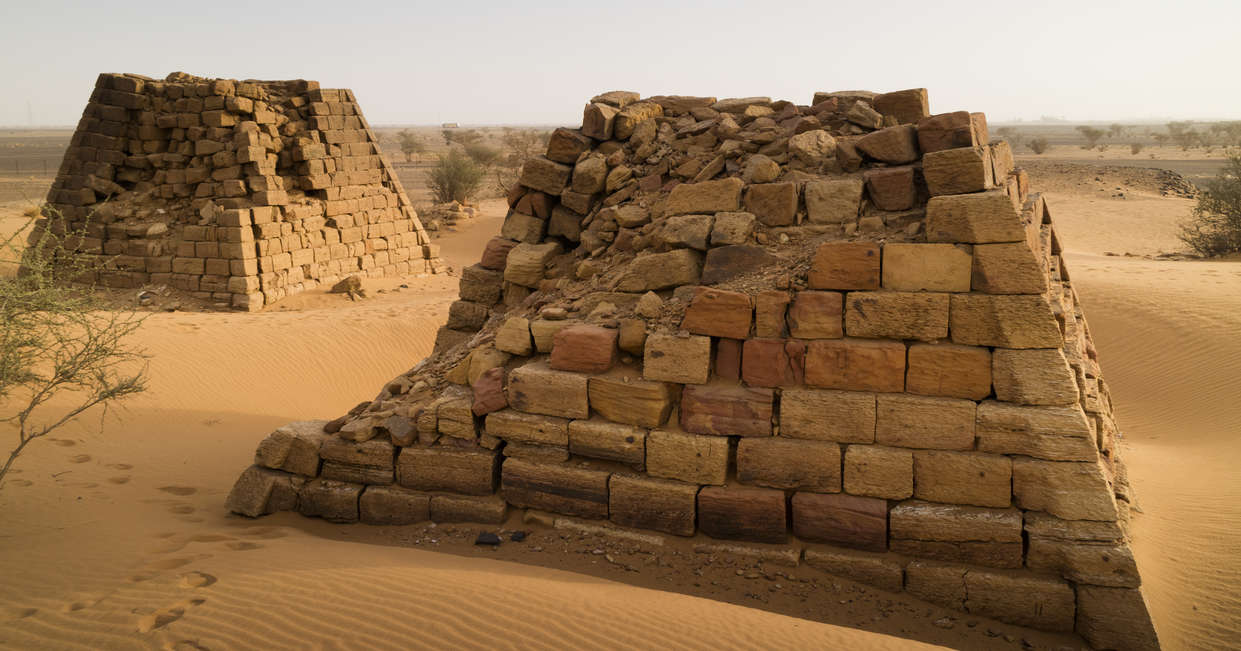
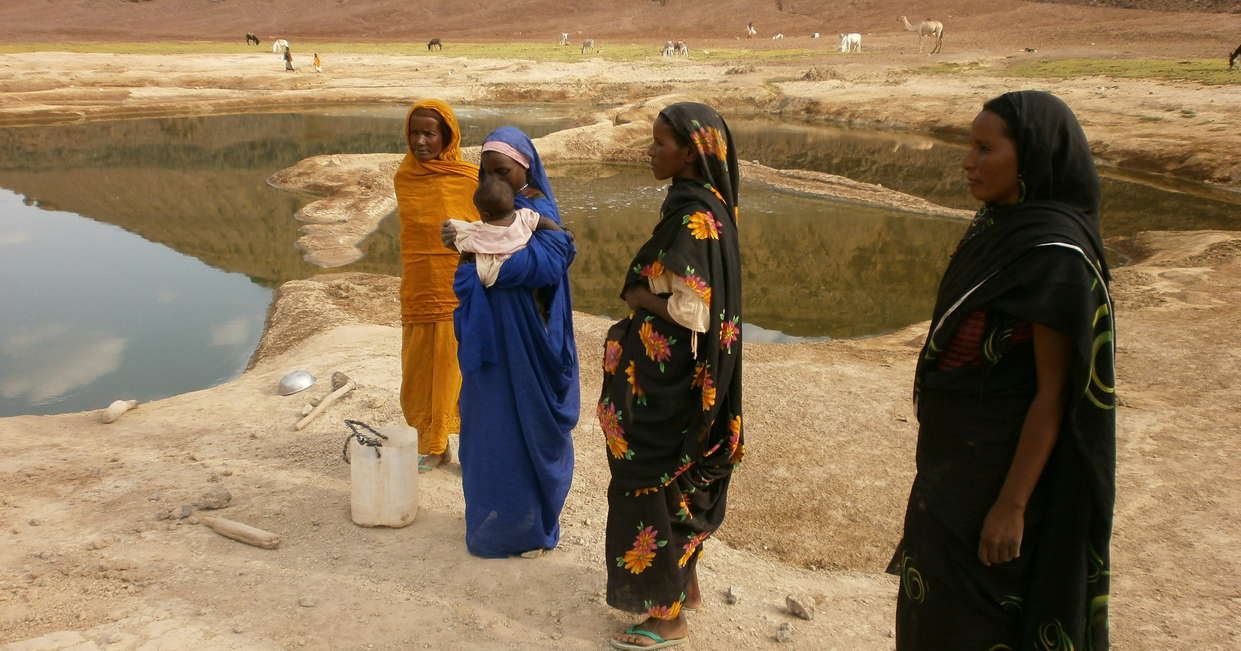
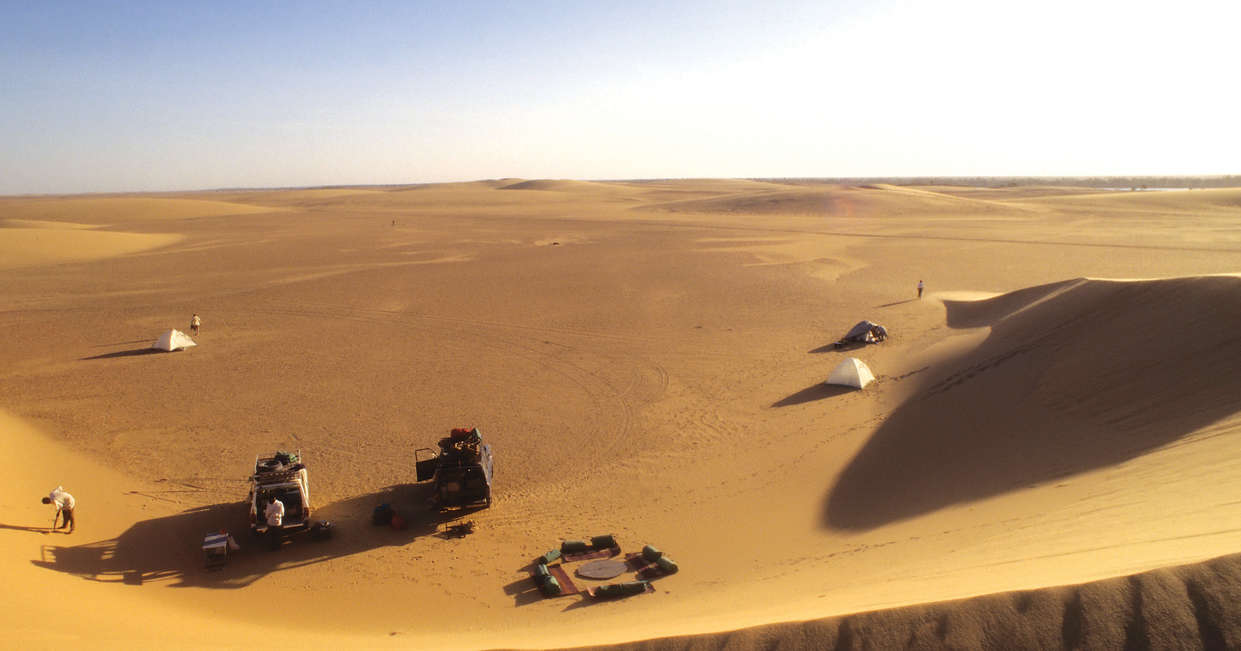
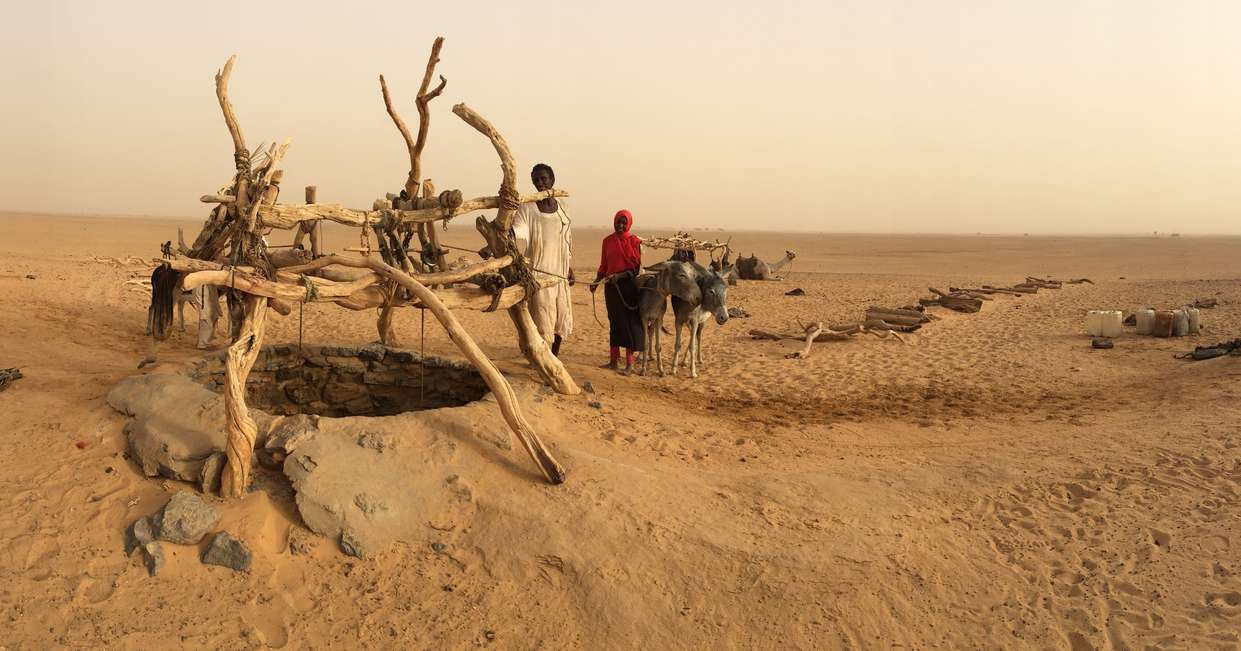
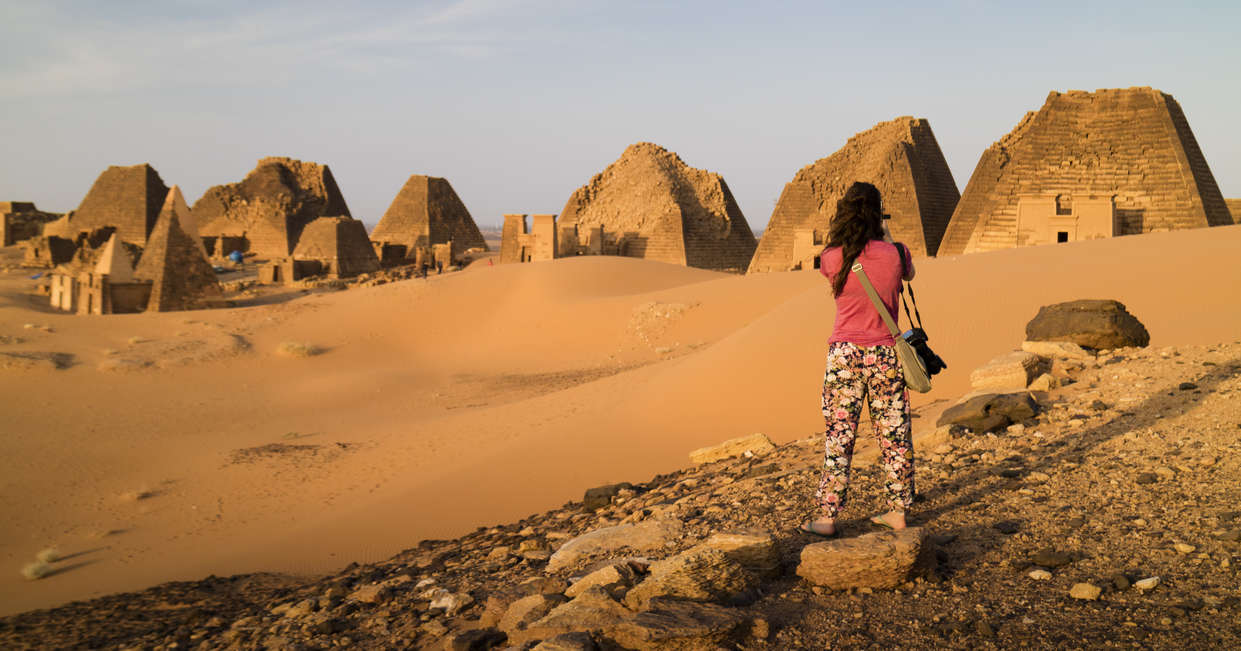
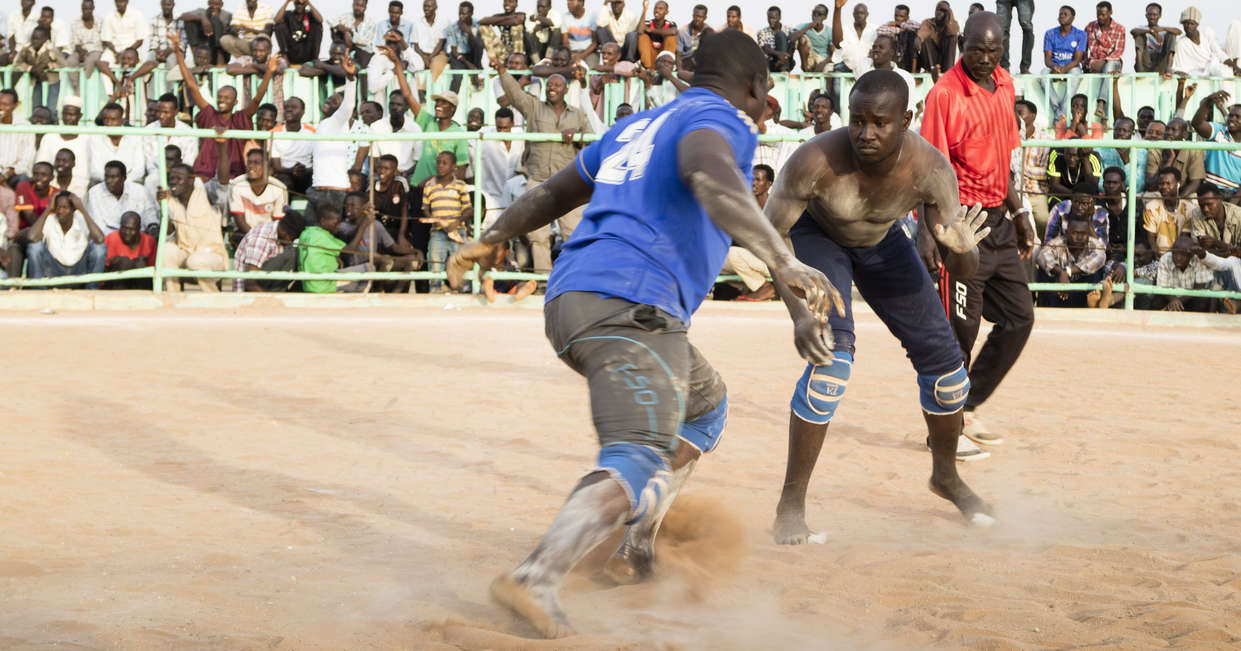

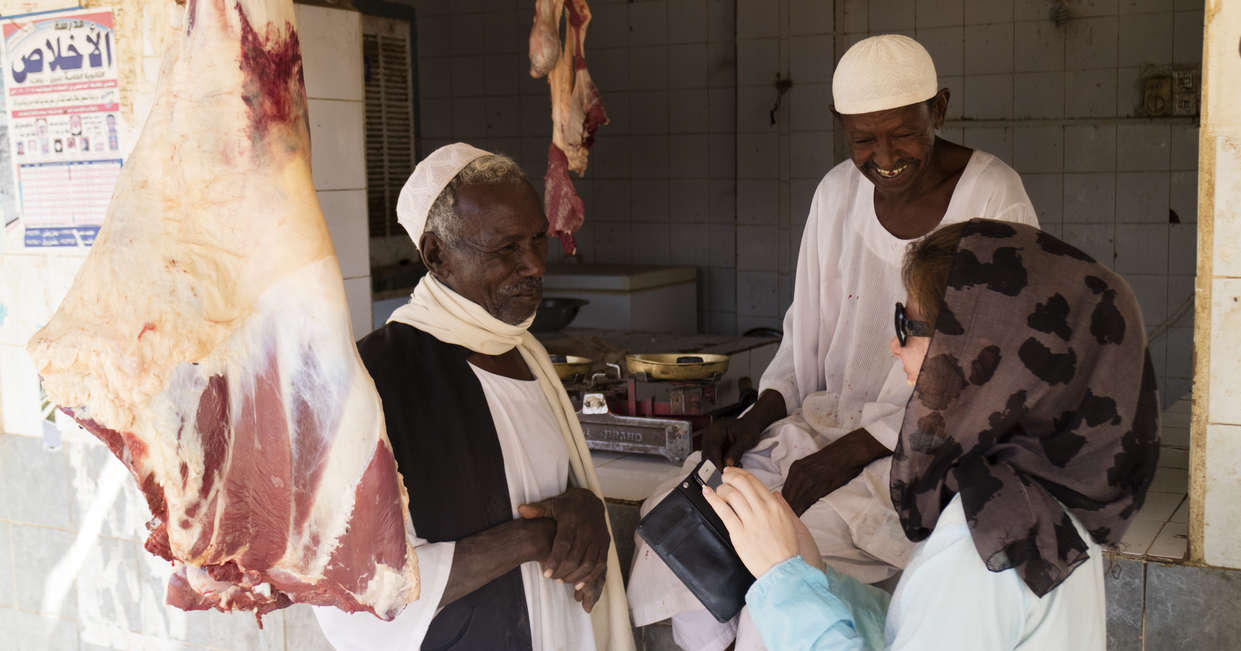

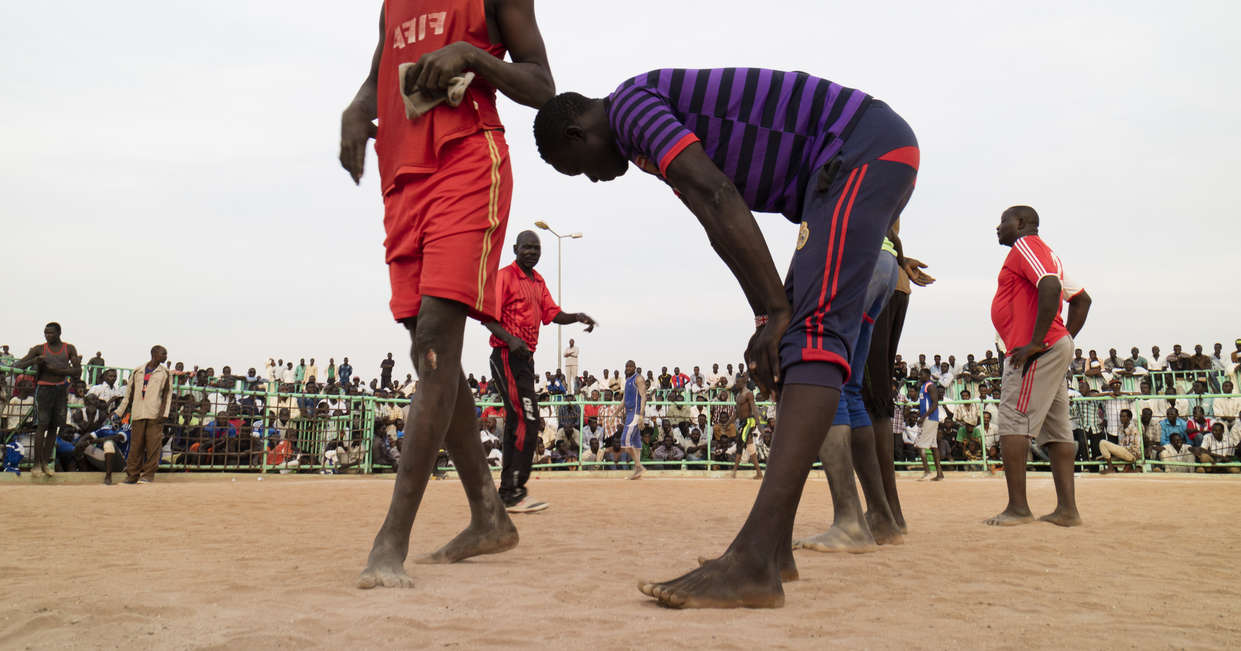

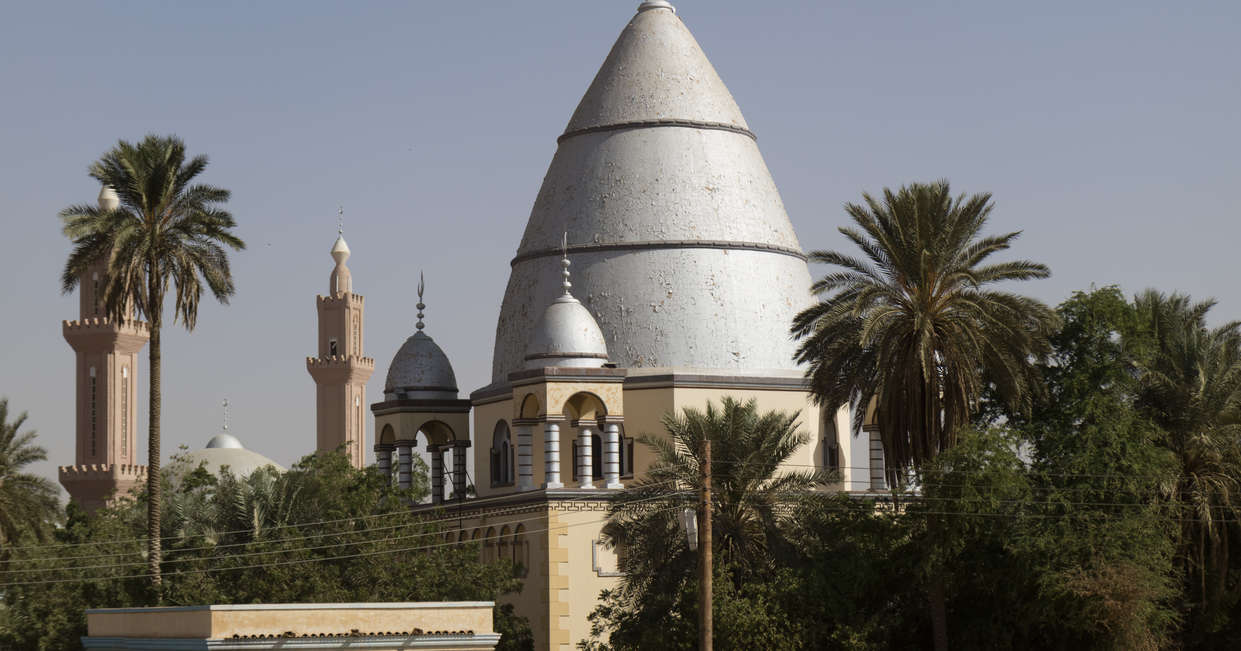
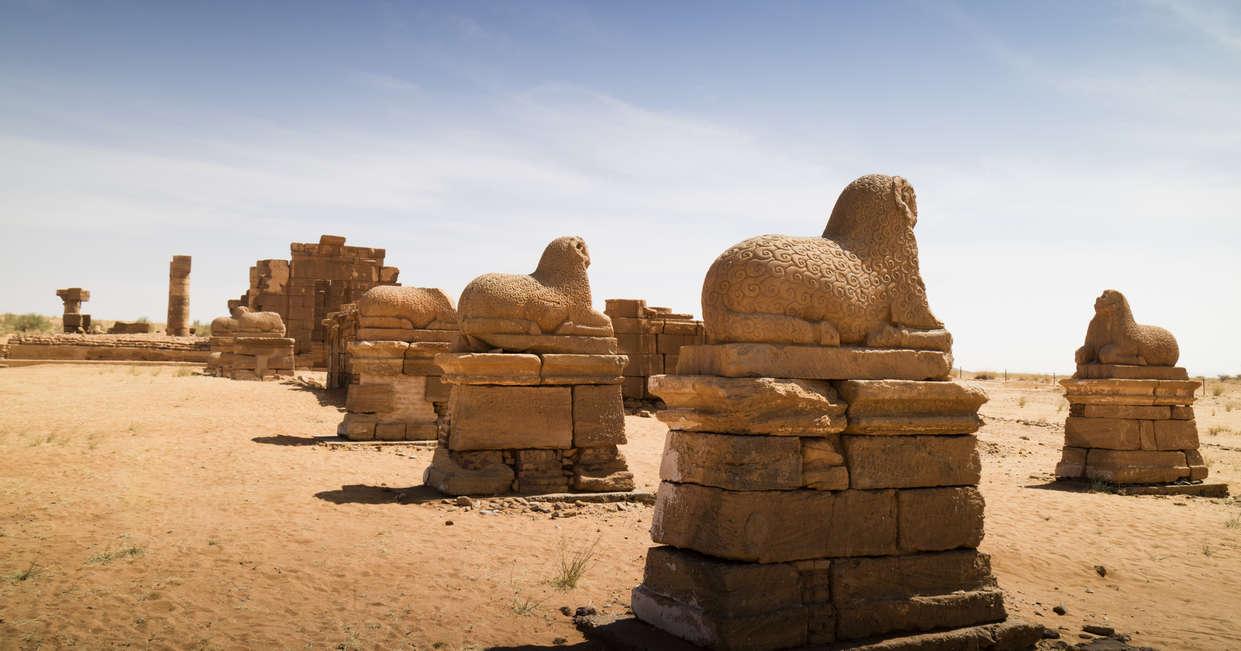
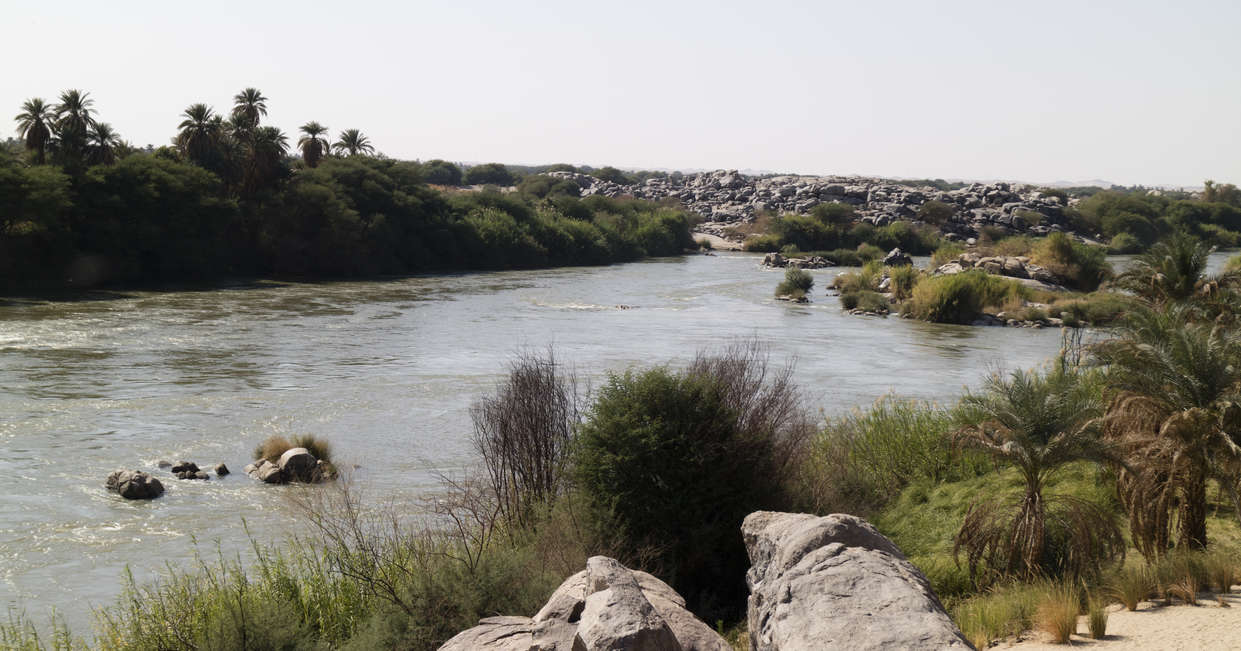
.jpg?ext=.jpg)

